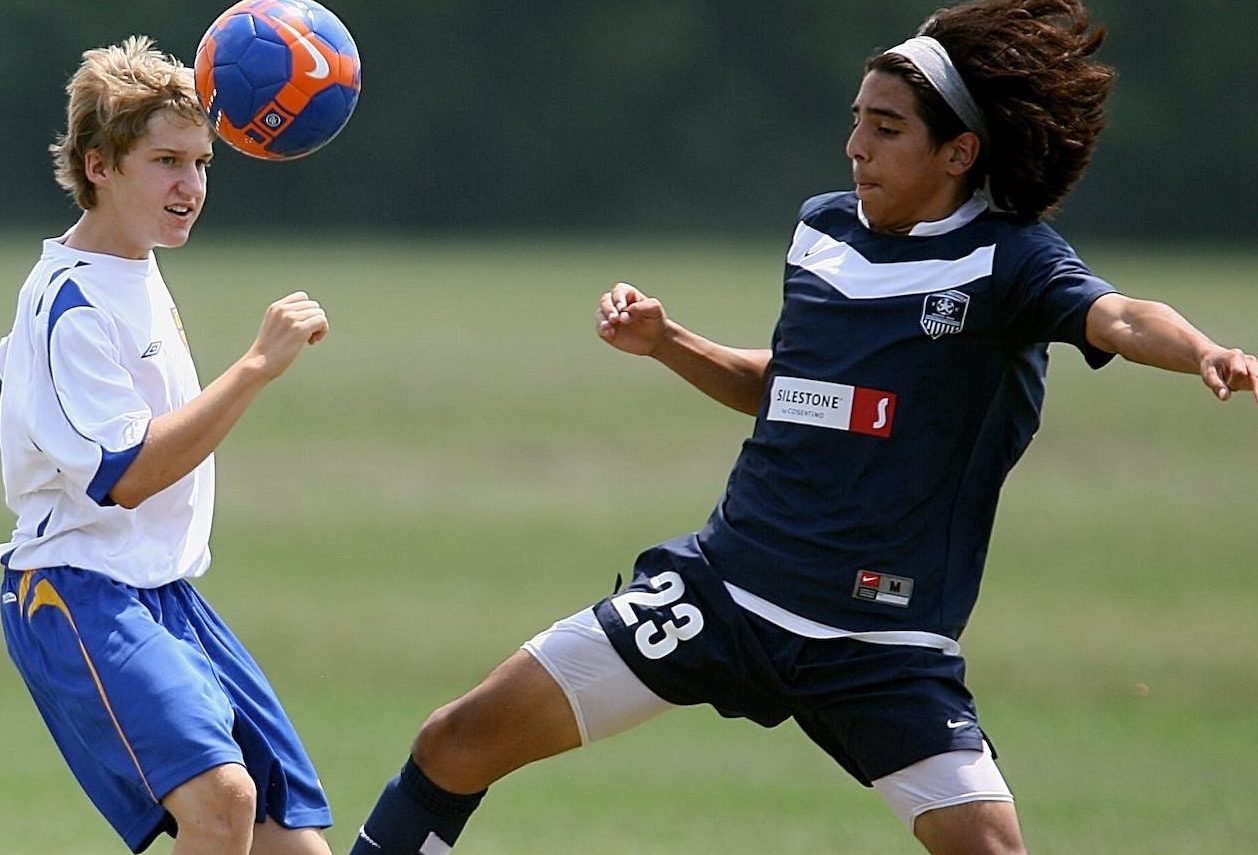
- February 6, 2023
- By: Evaldo Gonzalez
- Player Participation
Youth sports have been a staple in communities for decades, offering children the opportunity to stay active, develop physical skills, and learn valuable life lessons. However, many parents often wonder if their child’s participation in sports is affecting their academic performance. While there is no simple answer, the relationship between sport participation and academic success is complex and multi-faceted.
Studies have shown that participating in youth sports can have a positive impact on academic performance. Children who play sports tend to have better attendance and grades, as well as increased motivation and focus in the classroom. This can be attributed to the discipline, time management skills, and goal setting that are developed through sports participation. Additionally, playing sports can build self-esteem and confidence, leading to better engagement in the classroom and a more positive attitude towards learning.
However, it is important to note that the relationship between sport participation and academic success can also be negative. If a child is spending an excessive amount of time on sports and neglecting their schoolwork, this can lead to decreased academic performance. Additionally, the pressure to perform on the field or court can lead to stress and burnout, affecting the child’s ability to focus in the classroom.
So how can parents ensure that their child’s sports participation is having a positive impact on their academic success? First and foremost, it’s important to have open communication with the child and monitor the amount of time they are spending on sports and academics. Encouraging the child to set goals for both sports and academics can help prioritize their time and ensure that they are able to balance both.
Another important factor is the type of sport that the child is participating in. Some sports, such as cross-country or swimming, can be less time-consuming and less physically demanding, allowing the child to have more time to focus on academics. Other sports, such as football or basketball, may require more time and physical effort, and may need to be balanced with other extracurricular activities.
The relationship between sport participation and academic success is complex and multi-faceted. While participating in youth sports can have a positive impact on academic performance, it is important for parents to monitor the amount of time their child is spending on sports and academics, and encourage them to set goals for both. By finding a healthy balance, children can reap the benefits of sports participation while maintaining their academic success.






Recent Comments